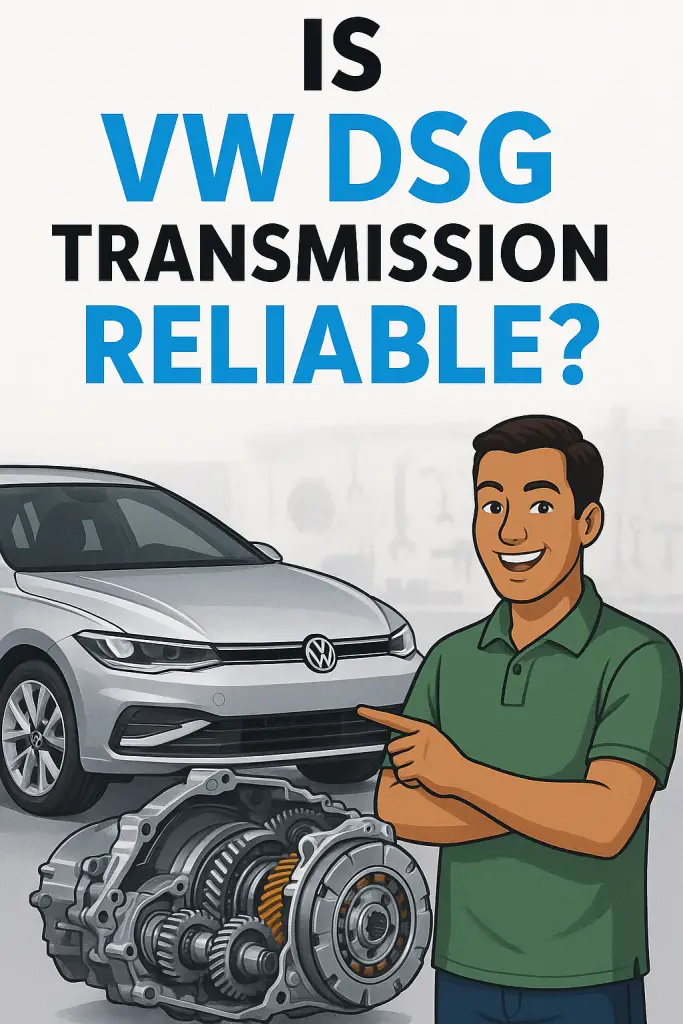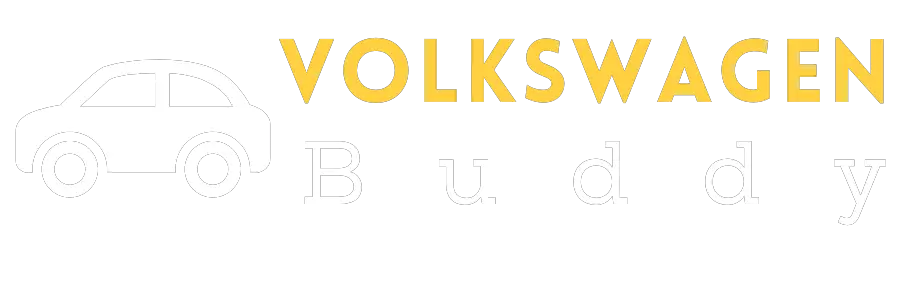VW Jetta DSG Transmission Problems

VW Jetta DSG Transmission Problems
If you own a VW Jetta with a DSG transmission, you may have faced issues that affect performance, reliability, or driving comfort.
Here’s what you need to know — in plain, simple terms.
What Is a DSG Transmission
- DSG stands for Direct-Shift Gearbox.
- It’s an automated dual-clutch system designed to shift faster than a human can.
- Common in VW models, including the Jetta.
It combines the convenience of an automatic with the efficiency of a manual.
But it’s not without its problems.
Common DSG Transmission Problems
1. Jerky or Harsh Shifting
- You might feel a sudden jolt when the car changes gears.
- Often happens in lower gears, especially in stop-and-go traffic.
- Can be caused by worn clutch packs or software calibration issues.
2. Delayed Gear Engagement
- Press the gas, but the car hesitates before moving.
- Usually linked to mechatronic unit problems or low transmission fluid levels.
3. Transmission Overheating
- You may see a warning light or feel reduced performance.
- Overheating happens if you drive hard in hot conditions or tow heavy loads.
4. Mechatronic Unit Failure
- The mechatronic unit controls gear selection and clutch operation.
- Symptoms include:
- Sudden loss of power
- Stuck in one gear
- Transmission warning lights
5. Clutch Wear
- The dual clutches are wear items and can fail earlier than expected.
- Signs include:
- Slipping in higher gears
- Burning smell
- Poor acceleration
6. Software Glitches
- DSG relies heavily on electronic control.
- Outdated or corrupted software can cause:
- Erratic shifts
- Poor fuel economy
- Limp mode activation
Why These Problems Happen
- High Complexity — More moving parts than a standard automatic.
- Heat Buildup — Dual clutches and mechatronic systems run hot.
- Driving Style — Aggressive acceleration and heavy loads wear components faster.
- Maintenance Neglect — Skipping fluid changes shortens lifespan.
Early Warning Signs You Shouldn’t Ignore
- Vibration when starting from a stop
- Delays between gear changes
- Warning lights for transmission
- Grinding or clunking noises
- Drop in fuel efficiency
Practical Steps to Reduce Problems
Keep Up with Maintenance
- Change DSG fluid and filter every 40,000 miles.
- Use only VW-approved DSG fluid.
Drive Smoothly
- Avoid excessive stop-and-go traffic when possible.
- Don’t hold the car on a slope using the accelerator.
Get Software Updates
- Ask your VW dealer about the latest transmission control updates.
Monitor for Changes
- Keep track of any new noises, vibrations, or shift delays.
- Address issues early to avoid costly repairs.
Repair Costs You Might Face
- Clutch Pack Replacement — $1,200–$2,000
- Mechatronic Unit Replacement — $1,500–$2,500
- Software Update — $100–$300
- Full DSG Replacement — $4,000–$6,000
Prices vary based on model year, location, and whether you use OEM parts.
Is It Worth Repairing a DSG?
Ask yourself:
- How old is your Jetta?
- Is the rest of the car in good shape?
- Do you plan to keep it long-term?
If the car is otherwise reliable and the cost of repair is less than replacing it, a DSG fix can make sense.
Real-World Example
A 2014 Jetta owner noticed:
- Slight jerks during low-speed driving
- Occasional delay when accelerating
The mechanic found worn clutch packs and outdated software.
After clutch replacement and an update, shifting became smooth again, and fuel economy improved.
Final Tips for DSG Owners
- Stick to the 40,000-mile service schedule.
- Treat the transmission gently during daily driving.
- Don’t ignore small issues — they can grow into expensive repairs.
- Find a mechanic experienced with VW DSG systems.

![Volkswagen Pay Off [Quick And Easy Solutions]](https://volkswagenbuddy.com/wp-content/uploads/2024/05/volkswagen-pay-off-quick-and-easy-solutions_4482-768x531.jpg)

![2013 Volkswagen Passat Oil Pressure Engine Off [Causes & Proven Solutions]](https://volkswagenbuddy.com/wp-content/uploads/2024/05/2013-volkswagen-passat-oil-pressure-engine-off-causes-proven-solutions_4530-768x531.jpg)
![Volkswagen Jetta Windshield Wipers Not Working [How To Fix It Instantly]](https://volkswagenbuddy.com/wp-content/uploads/2024/05/volkswagen-jetta-windshield-wipers-not-working-how-to-fix-it-instantly_3882-768x531.jpg)
![1997 Volkswagen Vr6 Engine Id Code List [Clarified]](https://volkswagenbuddy.com/wp-content/uploads/2024/05/1997-volkswagen-vr6-engine-id-code-list-clarified_4190-768x531.jpg)
